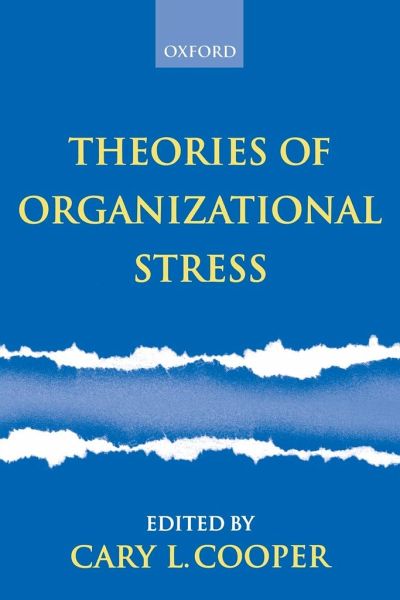
Theories of Organizational Stress

PAYBACK Punkte
42 °P sammeln!
Over the last two decades of the 20th century, the nature of work changed dramatically, as more and more organizations downsized, outsourced and moved toward short-term contracts, part-time working and teleworking. The costs of stress in the workplace in most of the developed and developing world have risen accordingly in terms of increased sickness absence, labour turnover, burnout, premature death and decreased productivity. This book provides all the major theories of organizational stress from the leading researchers and writers in the field. It is a guide to identifying the sources of pre...
Over the last two decades of the 20th century, the nature of work changed dramatically, as more and more organizations downsized, outsourced and moved toward short-term contracts, part-time working and teleworking. The costs of stress in the workplace in most of the developed and developing world have risen accordingly in terms of increased sickness absence, labour turnover, burnout, premature death and decreased productivity. This book provides all the major theories of organizational stress from the leading researchers and writers in the field. It is a guide to identifying the sources of pressures in jobs and the workplace so that we may be able to intervene to change and manage the growing problem of organizational stress.












